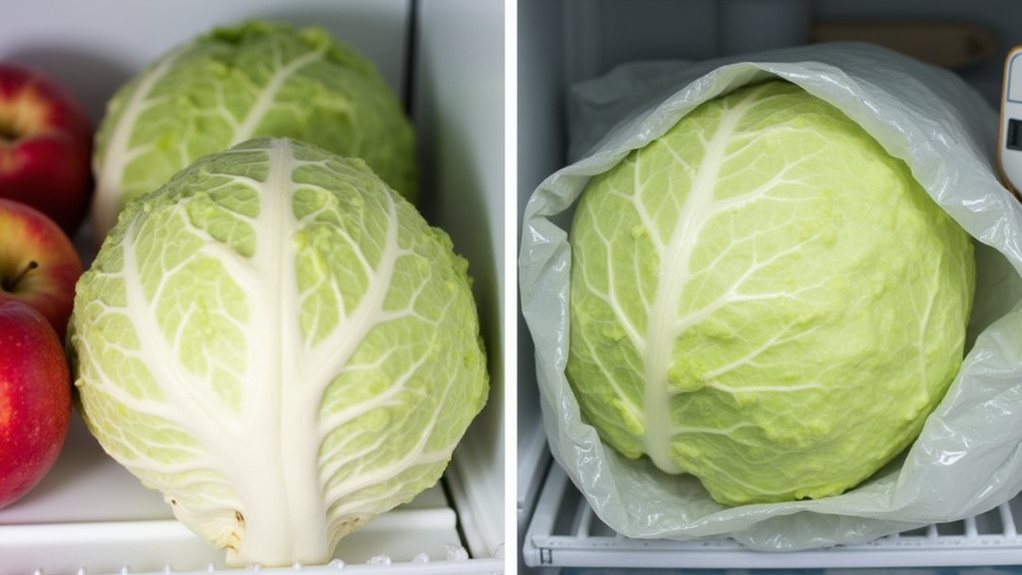How to Choose the Freshest Fish: Expert Tips from Chef Eric Ripert
Selecting fresh fish is fundamental to preparing mouthwatering seafood dishes. Whether you’re aiming for a delicious beer-battered fish and chips or a delicate salmon en papillote, the quality of your fish determines the success of your meal. Renowned chef Eric Ripert offers valuable insights about picking the most flavorful and freshest seafood that will elevate your culinary creations.
Senses at Play: Smell and Sight
When shopping for fresh fish, trust your senses; particularly your sense of smell. Contrary to the notion that fresh fish should have a strong "fishy" odor, Ripert insists that quality seafood should evoke the scent of a "sea breeze"—salty and fresh. If you notice a strong, unpleasant smell that resembles decomposing fish, steer clear. This foul odor may indicate that the fish has passed its prime and is no longer suitable for consumption.
Equally important is the appearance of the fish. Chef Ripert emphasizes the significance of the eyes—they should be crystal clear, reflecting the vitality of the fish. If the eyes appear cloudy, recessed, or shriveled, it’s a clear signal that the fish may not be fresh. Additional indicators of freshness include bright pink gills and firm, taut flesh. If you’re shopping for whole fish, you can often ask the fishmonger to show you the gills to check their color and texture.
Textural Integrity: The Touch Test
In addition to smell and sight, touch can also reveal a lot about the freshness of fish. Using your fingers, gently press the flesh; it should spring back quickly, indicating firmness. When assessing the fins and tail, ensure that they appear moist and resilient, not dry or brittle. Fresh fish should exhibit closely knit scales that feel smooth to the touch.
When evaluating filets, start by looking at the color. Fresh white fish like cod, bass, and snapper should have a translucent appearance with bright coloration. On the other hand, salmon filets should flaunt vibrant marbling and vivid stripes of fat. Be cautious of any filets appearing mushy, dry, or possessing any signs of flaking, known as gaping, which signifies improper handling or storage conditions.
The Allure of Frozen Fish
If the fresh selection doesn’t seem appealing, don’t hesitate to explore the frozen fish section. In many cases, high-quality frozen fish can be a better option than subpar fresh fish. Look for packages labeled with terms such as "Frozen at Sea" (FAS) or "Individually Quick-Frozen" (IQF). These labels indicate that the fish was rapidly frozen shortly after being caught, helping to preserve its flavor and texture.
Expert Tips for Specific Types of Fish
When searching for different types of fish, the criteria may vary. For white fish, such as tilapia and sole, prioritize those that exhibit firmness and translucence. In the pursuit of salmon, focus on the color integrity of the fat lines—the healthier the contrast, the fresher the fish.
Shopping for sushi-grade or raw fish is another distinct experience. Here, it is essential to gauge freshness through the same techniques but with a more acute focus on cleanliness and sourcing. Always procure seafood from reputable suppliers to ensure safety and quality. Consult experts or local fishmongers for specific recommendations or varieties they may suggest based on the season.
Maintaining an informed perspective as you select fish can significantly enhance your dining experience. Complement your meal by pairing dishes with appropriate sides and sauces, which also hinge greatly on the main ingredient’s quality.
Each step taken in selecting your ingredients holds the potential to transform a simple meal into an unforgettable dining occasion. Restaurant-quality dishes begin with the right foundations; in this case, the freshest fish that would make even the seasoned chef like Eric Ripert proud.










